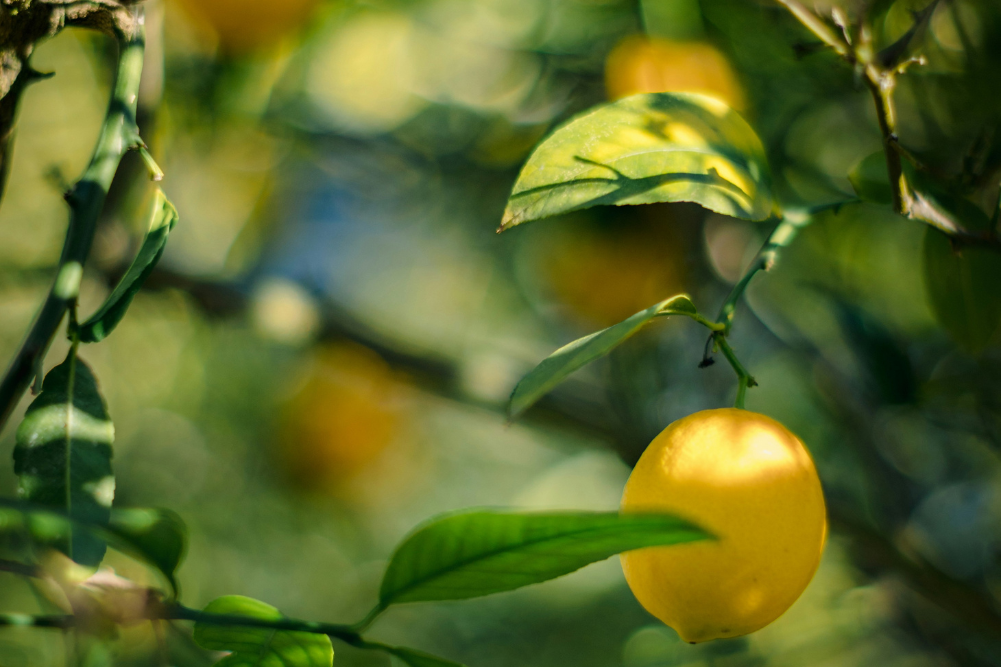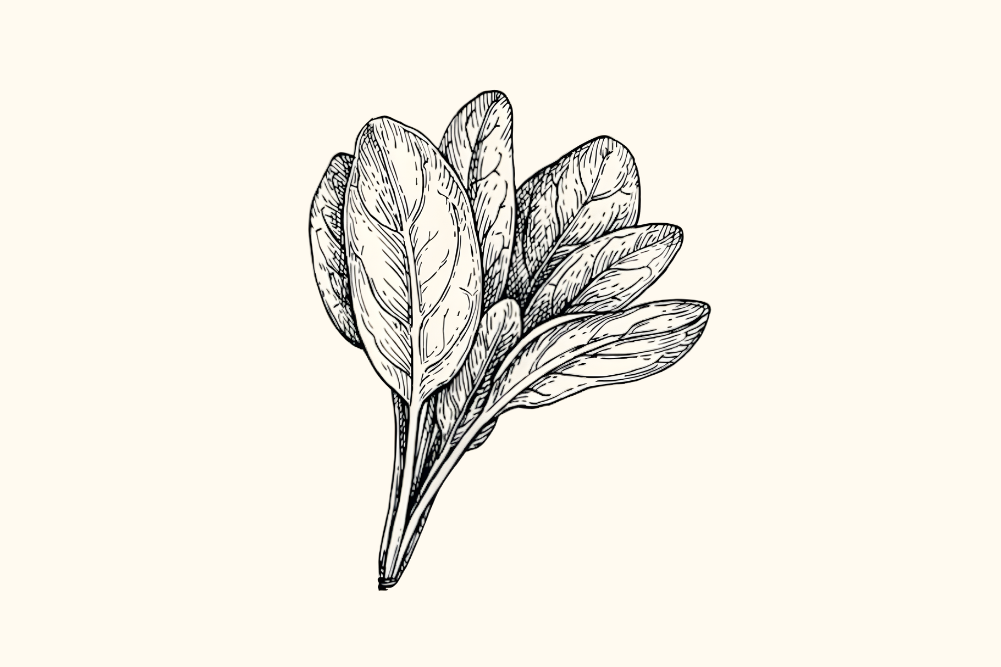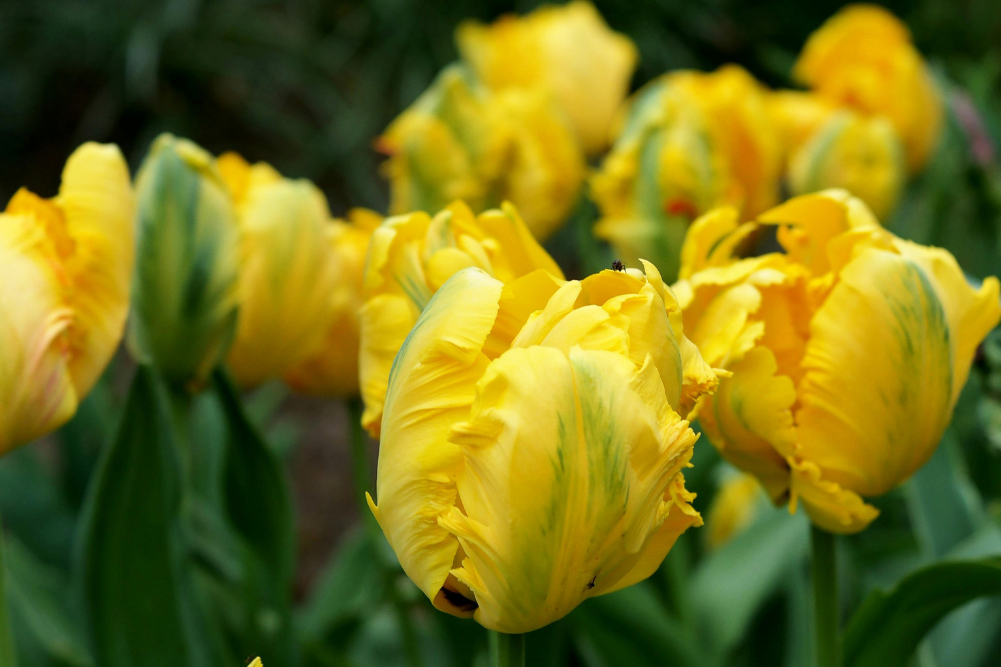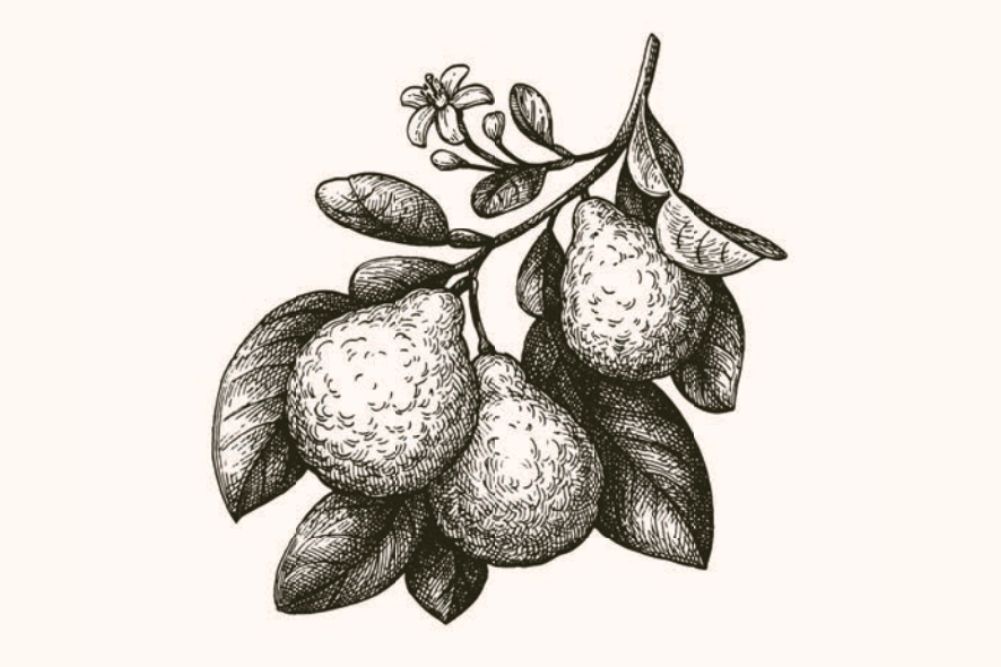Earth-friendly recipes to brush-off garden pests once and for all
I have been scrubbing. Not the bathroom floor (maybe tomorrow) but the giant coffee bush in the corner of the living room. Every spring it gets covered in tiny green scale that mature into dark-brown scale, which turn the leaves half dead and blotchy and release their toxins into the poor bush, too.
The answer? A shaggy toothbrush. While scale are easily rubbed off at the soft green stage, they are more stubborn when they mature. You can spray with an oil spray, as long as the temperature isn’t over 24°C because then it may burn the leaves. Oil spray would also make a right mess of the sofa that sits next to the coffee bush.
Or, in the time it takes to buy the spray, mix the spray, spray the spray, run off the dead scale, then do it a few weeks later when more scale settle, you could rub them gently with a shaggy toothbrush. Or a new toothbrush — but it’s a shame to waste the shaggies.
Shaggies are also excellent for rubbing aphids off cabbages or onions or rose buds, removing tiny green caterpillars from the broccoli leaves and scraping pear and cherry slug off the pear and cherry leaves (unless the leaves are too tall to reach, in which case get a pump sprayer and whoosh the flour and water spray, below, onto them).
Actually, most garden pest control is unnecessary. We are taught to hate insects: to scream at spiders, to shiver at centipedes and, at the sight of a cluster of aphids, to race to the garden centre shelves for a pot of pest killer.
As soon as the fruit or tomatoes set, cover the tree or tomato bush with fruit-fly netting.
Some pesticides and fungicides can not only pollute your garden but harm your health or the health of people who make them or live near their factories. Pesticides can also increase your pest problem by killing useful insect predators like spiders, hoverflies and ladybird larvae which can keep the pests controlled for you.
By denying such predators a year-round supply of pests (at a non-problem density), you may not have year-round predators, either. Instead of trying to wipe out pests completely, the natural grower does the opposite: they try to have a small, year-round supply of pests, preferably on plants where a small amount of damage won’t matter. Most pests don’t need to be controlled: control will happen naturally, by predators and the weather.
Instead of pesticides, try barriers. As soon as the fruit or tomatoes set, cover the tree or tomato bush with fruit-fly netting. It’s not really netting, so birds and bats don’t get caught in it, but it will also protect your fruit from them — except the most determined ones. It does a reasonable job with hail, too, unless it’s extremely heavy, as well as caterpillars, codling moth, stink bugs and those pear and cherry slugs.
If your trees are too big to drape the netting over, try calico bags slipped over clusters of fruit or trusses of tomatoes. If your trees are really big, you may not need all the fruit on them; we’re delighted when the birds share eight cases of apricots and a 10-metre tree’s worth of apples. The contents of 20 calico bags are plenty for us. The same with quinces: we have 13 varieties but definitely don’t need 13 trees worth of quinces. But 10 bags worth, off 13 trees, is perfect.
There are many other barriers: horticultural glue to put around your trees to stop ants climbing up to farm their sap-sucking woolly aphids (the ants like the aphid’s sweet secretions); finely chopped hair around your seedlings to stop slugs or snails(you need to replace it often, as it breaks down into soil); or rounds cut from plastic bottles or milk cartons, pressed into the soil around the seedlings not only keeps off slugs or snails but also blocks cutworms if you press them deep enough.
If you really want to zap your pests, try glue spray. Spray glue on your bugs and they stop eating your plants. They stop breeding, too. In fact, they stop doing everything. The birds can see them easily and learn that your garden is a good place to get some easy tucker. The glue washes off in the first rain or watering.
Glue mix
=R1=
A tasty (well, edible) fungicide
=R2=








